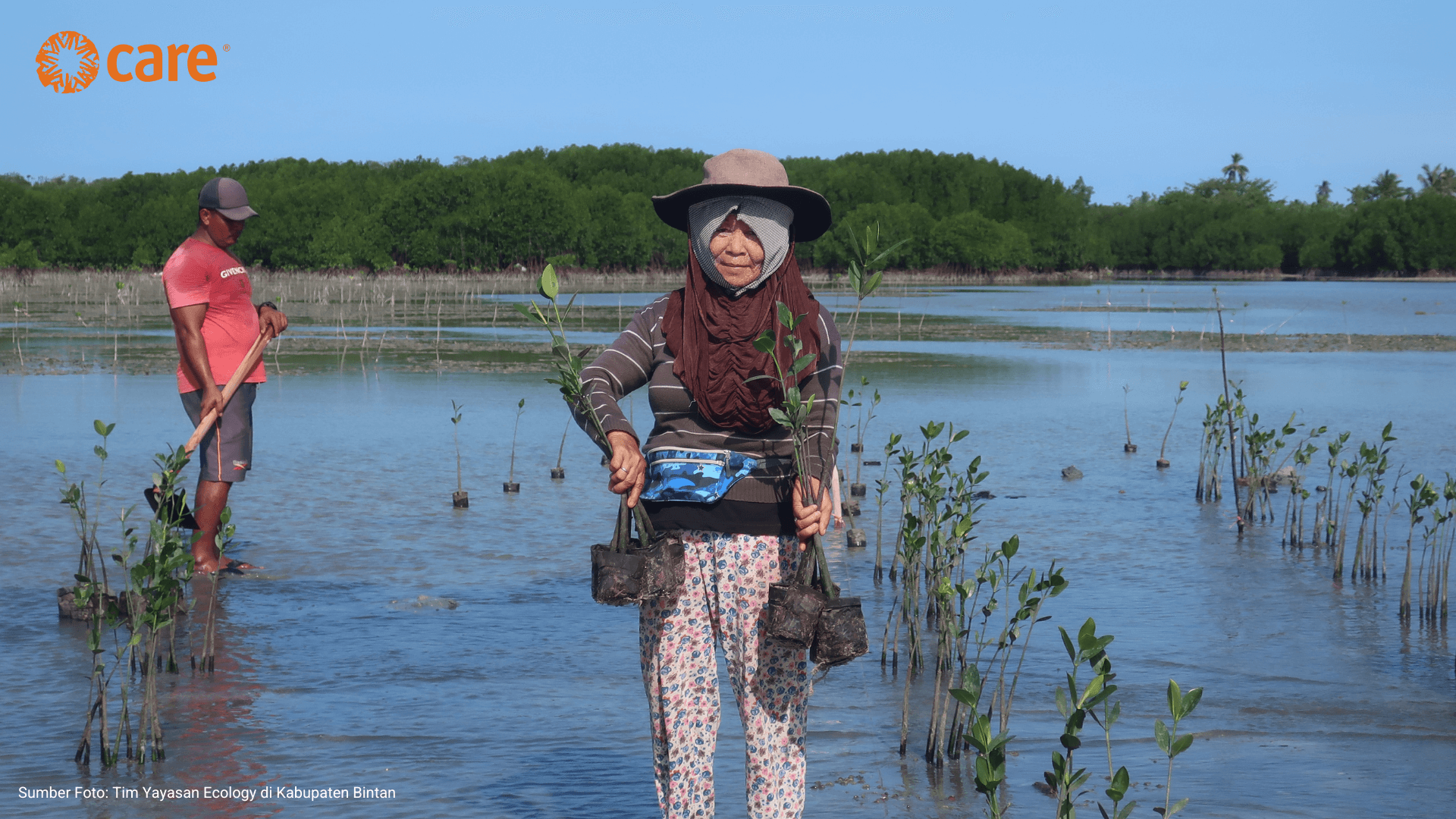Reporting from Republika.id, 77 percent of tea plantations in Indonesia are in West Java Province. Pangalengan Sub District in Bandung District has been one of the tea-producing areas since the 19th century, when the Dutch colonial government established tea plantations and factories. To this day, Pangalengan is one of the highest quality tea producing areas in Indonesia. Even so, the positive impact of the commodity has not been felt evenly. According to data from the Central Statistics Agency (BPS), in 2023 there were 245,50 thousand residents of Bandung District who fell into the poor household category.
Irwan Herdiawan, HR and General Assistant for Malabar Plantation of PTPN 1 Regional 2, said that the lack of intense communication between the community, village government, and the company is one of the causes of obstructing the improvement of human resources and infrastructure in villages included in the tea plantation area. “I hope the community and tea plantation workers are really involved in the Community Development Forum to achieve gender equality. Usually the workers do not hesitate and are more fluid when expressing their hopes and desires to the management team,” said Irwan at the socialization meeting of the Community Development Forum (CDF) initiation on Thursday (3/10), organized by Yayasan CARE Peduli (YCP / CARE Indonesia), as part of the Tea Community Empowerment Program in Indonesia. According to Irwan, collaboration and communication forums between companies, village governments, and communities need to exist to improve the welfare of tea plantation workers.
21 participants from PTPN 1 Regional 2, PT Kabepe Chakra Bersama representatives and representatives of the Banjarsari Village Government, Margaluyu Village, and Indragiri Village joined to discuss the formation of a Community Development Forum (CDF).
Silvia Dewi, YCP Project Manager in Pangalengan explained, from observations made by YCP, one of the problems that occurred so far could not be resolved properly because each party had not exchanged ideas. “Efforts to bring together plantation management, village government, and the community can be a means of finding solutions to existing problems. All participants who attended the meeting also expressed their commitment to play an active role in CDF,” said Silvia.
In line with Silvia, Deni Sahidin, Head of Banjarsari Village explained that good collaboration and communication efforts can be an effort to improve community welfare. “The collaboration that has been running between the Banjarsari Village Government and YCP in handling stunting is one form of collaboration that we feel is appropriate. Hopefully, multi-party collaborations like this will continue to be carried out. CDF hopes to also be one of our platforms to collaborate in handling problems in the community,” said Deni.
During the socialization, according to Silvia, all parties agreed to commit and play an active role in the efforts to establish CDFs in the three villages. “The participants who attended the socialization wanted the forum to be a platform for improving community welfare and also the realization of gender equality. The CDF will also be a collaborative forum for women’s empowerment and utilize the potentials in the three villages,” said Silvia.
Silvia further explained that the next target is to conduct socialization to the community at the plantation and village levels to select the CDF formation committee. She mentioned there will also be recruitment of prospective CDF members and administrators in each village. “The big target is that CDF can become an active forum for stakeholders in the tea plantation area, such as plantation management, village government, and residents to sit together to overcome social and economic problems in their area,” Silvia concluded.





